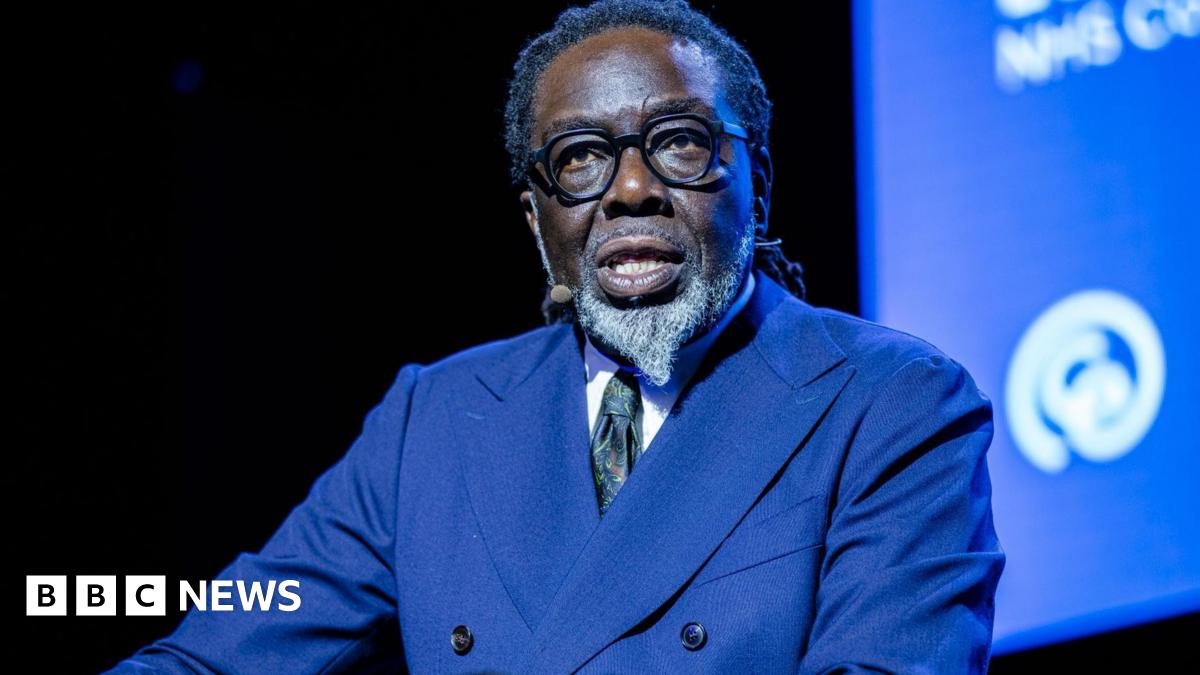RFK Jr.'s Health Policies Rooted in Discredited 19th-Century Medical Theory?

RFK Jr.'s Health Policies Rooted in Discredited 19th-Century Medical Theory?
Robert F. Kennedy Jr., a prominent figure in the ongoing political discourse, has increasingly gained attention not only for his political aspirations but also for his views on health and medicine. A concerning aspect of these views stems from his apparent reliance on and promotion of a long-discredited medical theory – miasma theory. This raises serious questions about the foundation of his proposed health policies and their potential impact on public health.
What is Miasma Theory?
Miasma theory, popular in the 19th century, posited that diseases like cholera, plague, and the Black Death were caused by “bad air” – miasma – emanating from decaying organic matter. According to the National Center for Biotechnology Information, this theory suggested that inhaling air infected by exposure to “corrupting matter,” such as rotting corpses, sewage, and stagnant water, could lead to illness. It was a dominant explanation for disease for centuries, influencing public health practices and shaping societal perceptions of cleanliness and hygiene.
The Science Behind Its Disproval
However, the advent of germ theory in the mid-19th century, pioneered by scientists like Louis Pasteur and Robert Koch, definitively debunked miasma theory. Germ theory demonstrated that diseases are caused by microorganisms – bacteria, viruses, and parasites – and not by bad air. Pasteur’s work on fermentation and Koch’s identification of specific pathogens responsible for diseases like anthrax fundamentally shifted the understanding of disease transmission.
RFK Jr.'s Connection to Miasma Theory
Despite the overwhelming scientific consensus against it, RFK Jr. has repeatedly alluded to and, in some instances, seemingly endorsed aspects of miasma theory. His statements regarding vaccines and environmental toxins often echo the belief that exposure to certain substances can generate “bad air” or “toxins” that lead to illness. This perspective is at odds with modern medical understanding, which attributes disease primarily to pathogens and genetic factors, with environmental factors playing a more nuanced role.
Concerns and Implications
The reliance on a disproven theory poses significant concerns. Promoting miasma theory can lead to misguided public health interventions, such as focusing on superficial cleanliness measures instead of evidence-based practices like vaccination, sanitation, and disease surveillance. It can also fuel distrust in established medical institutions and hinder efforts to combat infectious diseases.
Furthermore, associating environmental toxins with disease solely through a miasma-like lens can oversimplify complex issues and detract from the need for comprehensive environmental regulations based on rigorous scientific data. While environmental factors undoubtedly impact health, attributing causation solely through a lens of “bad air” ignores the intricate mechanisms by which toxins affect the body.
The Importance of Evidence-Based Medicine
It is crucial to emphasize the importance of evidence-based medicine and the reliance on scientific consensus in shaping public health policies. While questioning and exploring alternative perspectives can be valuable, it is essential to ground those explorations in sound scientific principles. The continued promotion of disproven theories like miasma theory undermines public health efforts and jeopardizes the well-being of the population.
The resurgence of such outdated ideas demands careful scrutiny and a renewed commitment to promoting scientific literacy and critical thinking in public discourse, particularly when it comes to matters of health and medicine.





:max_bytes(150000):strip_icc()/VWH-GettyImages-1085928256-dc54b727b8c346a2a39655d86706f390.jpg)
